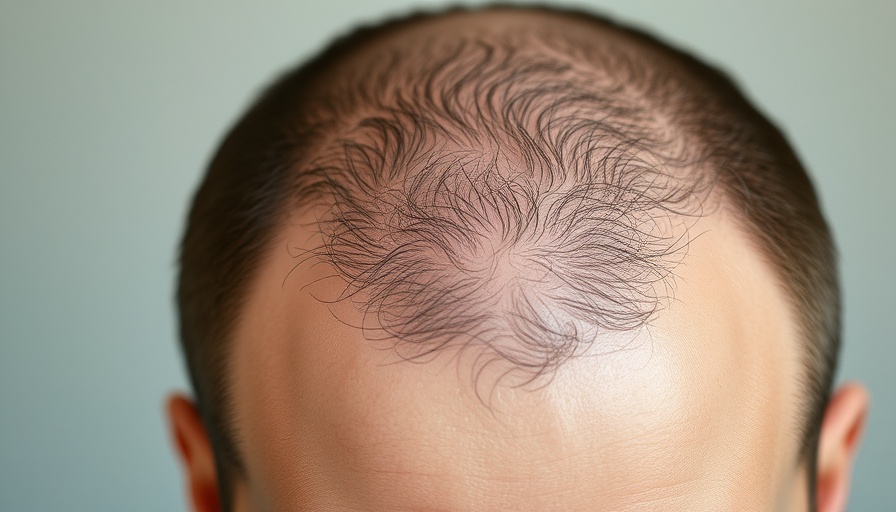
Understanding Hair Loss in Men: What You Need to Know
Hair fall is a common concern for many men, with male androgenetic alopecia (MAA) being the leading cause. By age 50, about 30-50% of men experience this form of hair loss, where thinning usually starts at the temples and crown. Although often perceived as a minor dermatological issue, hair loss can have significant psychological effects, impacting self-esteem and even increasing risks of cardiovascular conditions.
Signs of Hair Fall in Men
Identifying hair loss early can help in managing its effects. Common signs of hair fall include:
- Receding hairline
- Thinning at the crown
- Increased hair shedding
- Widening part line
- Miniaturization of hair
- Patchy or circular bald spots
If you notice any of these symptoms, it's advisable to consult with a dermatologist for guidance.
Impact of Hair Loss
The complications associated with hair fall extend beyond physical appearance:
- Lowered Self-Esteem: Visible changes can lead to feelings of self-consciousness.
- Increased Stress and Anxiety: Health anxiety surrounding hair loss can create a vicious cycle exacerbating the issue.
- Psychological Distress: Feelings of depression and frustration can arise, making support important.
Causes Behind Hair Loss
Understanding the root causes can aid in prevention:
- Genetics: MAA or male pattern baldness is genetic.
- Hormonal Changes: Dihydrotestosterone (DHT) can shrink hair follicles.
- Deficiencies: Poor diet leading to nutritional deficiencies in vitamins and minerals like zinc and biotin.
- Stress: Emotional and physical stress can initiate hair loss.
Effective Treatments
Several treatments can combat hair loss:
- Medications: Finasteride and minoxidil can be effective in promoting growth.
- Hair Transplantation: A permanent solution for more severe cases.
Remember that consulting a specialist can help tailor the right approach for your situation.
Take Control of Your Hair Health
If you or someone you know is struggling with hair loss, understanding the signs and causes can empower you to take action. Early intervention is key, and by seeking help, you can find effective treatments tailored to your needs.
 Add Row
Add Row  Add
Add 




 Add Row
Add Row  Add
Add 


Write A Comment